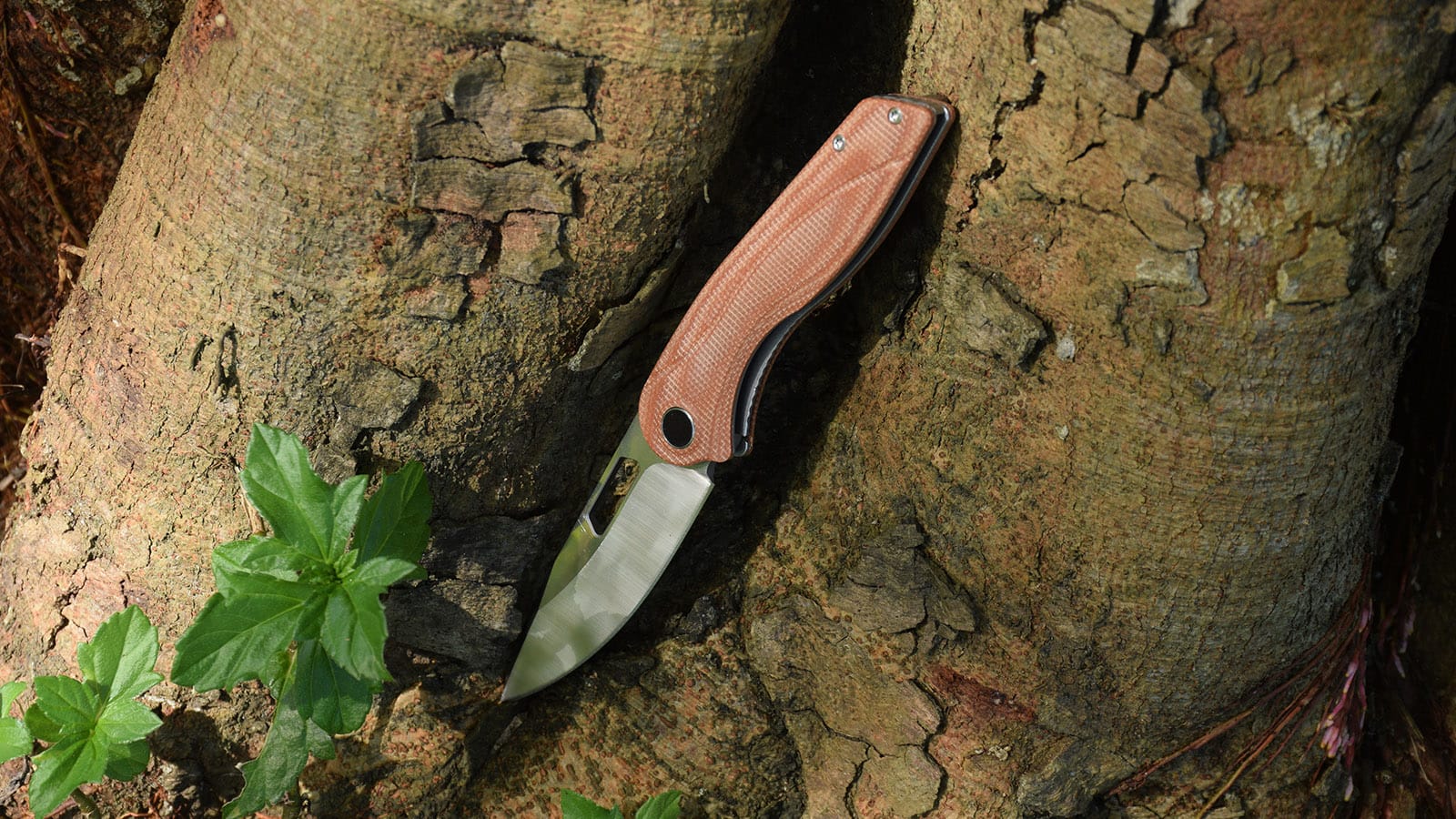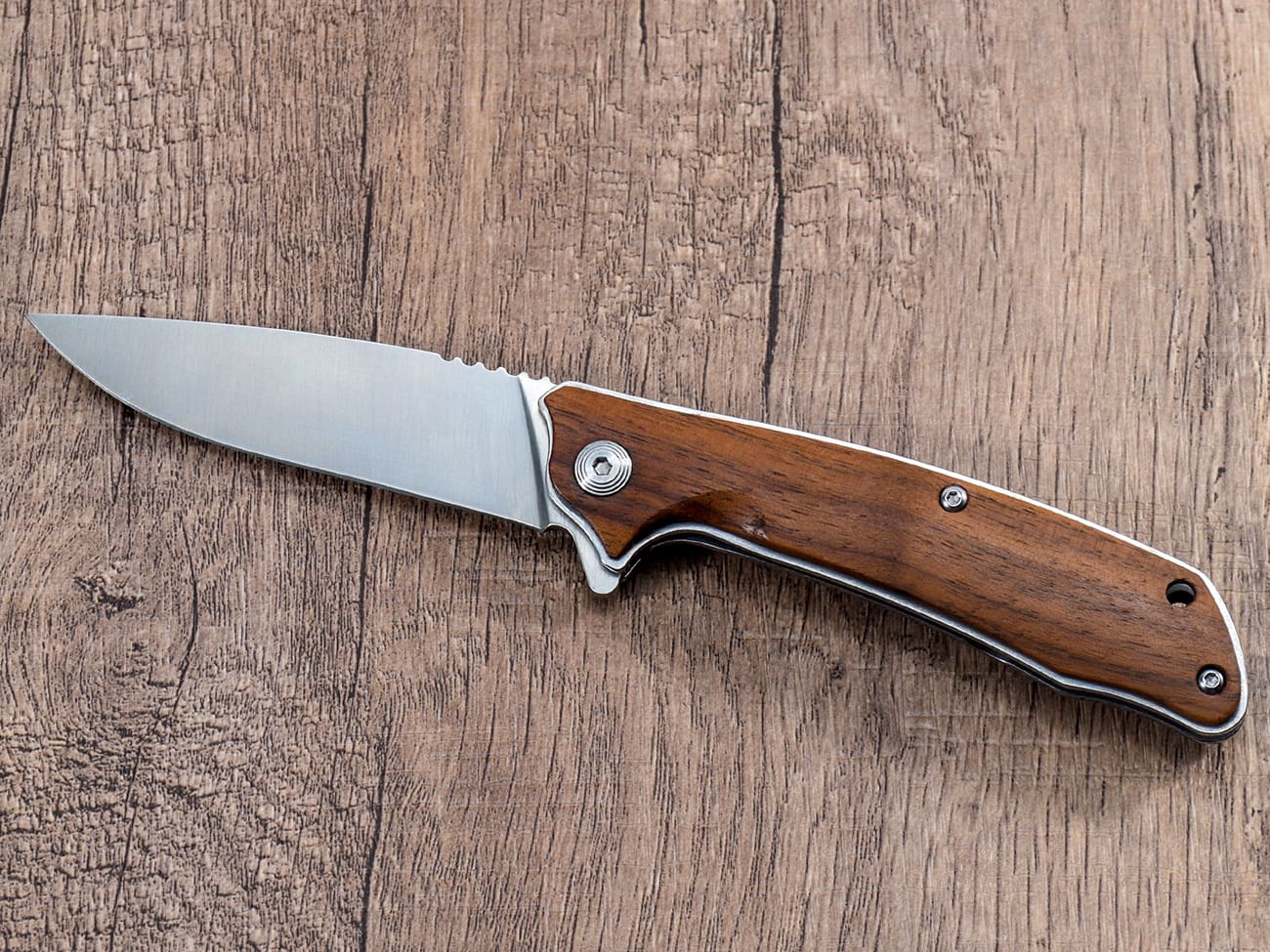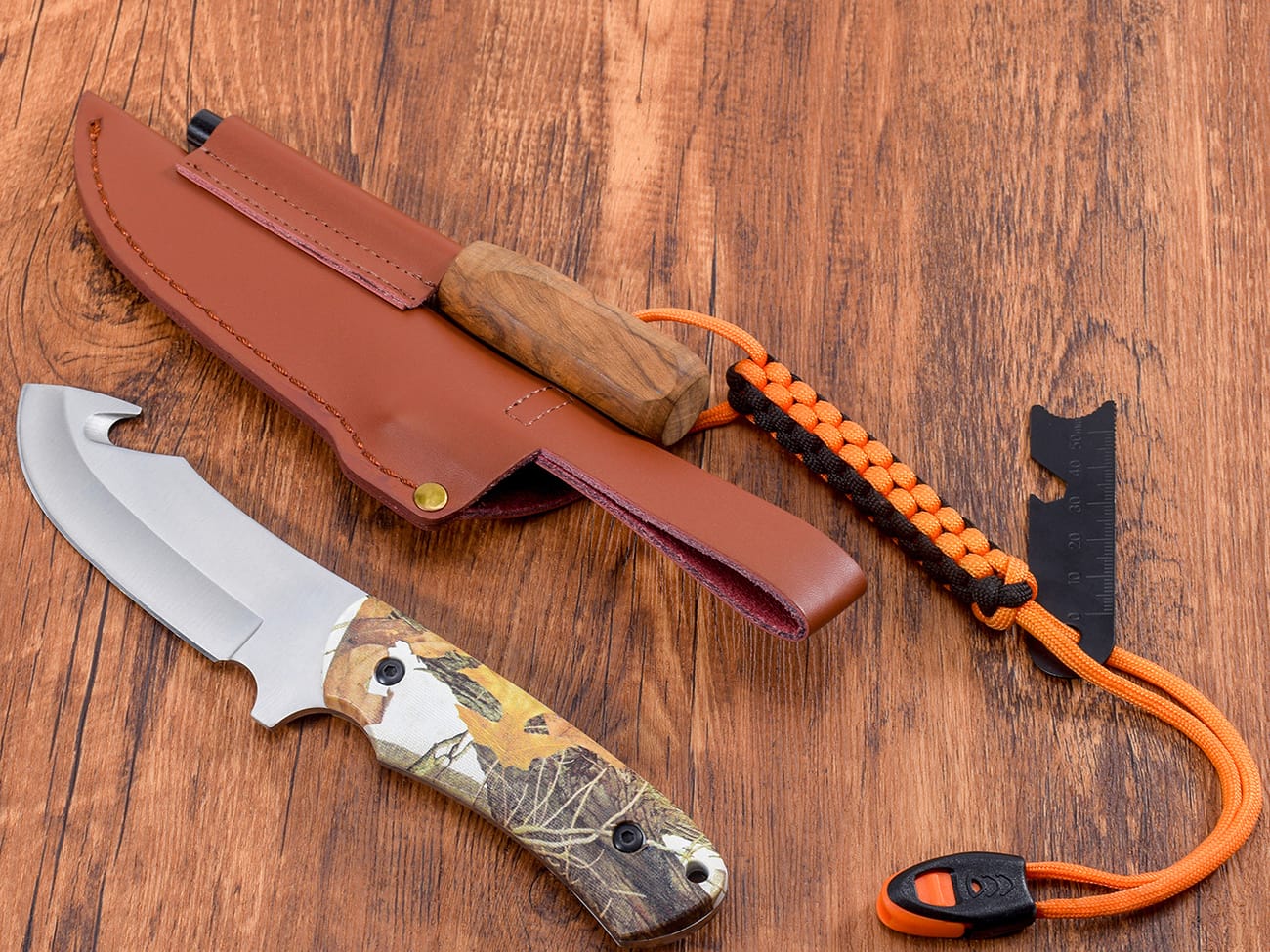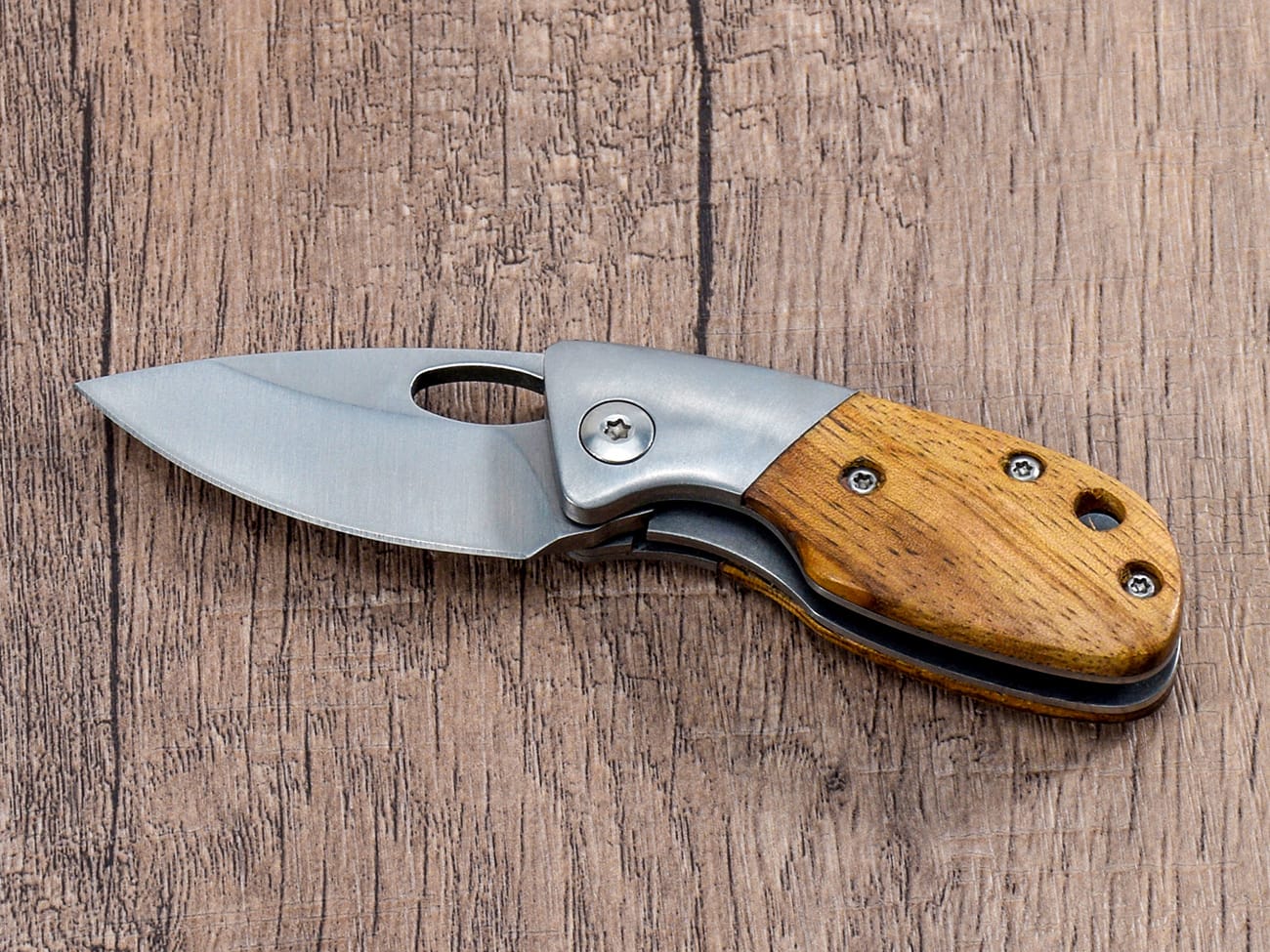Understanding pocket knife laws is crucial for both everyday carriers and knife enthusiasts. This comprehensive guide will help you navigate the complex world of knife legislation, ensuring you stay compliant while carrying your favorite EDC knife. Whether you’re a collector, outdoor enthusiast, or someone who uses a pocket knife for daily tasks, knowing what’s legal can save you from unnecessary legal troubles.
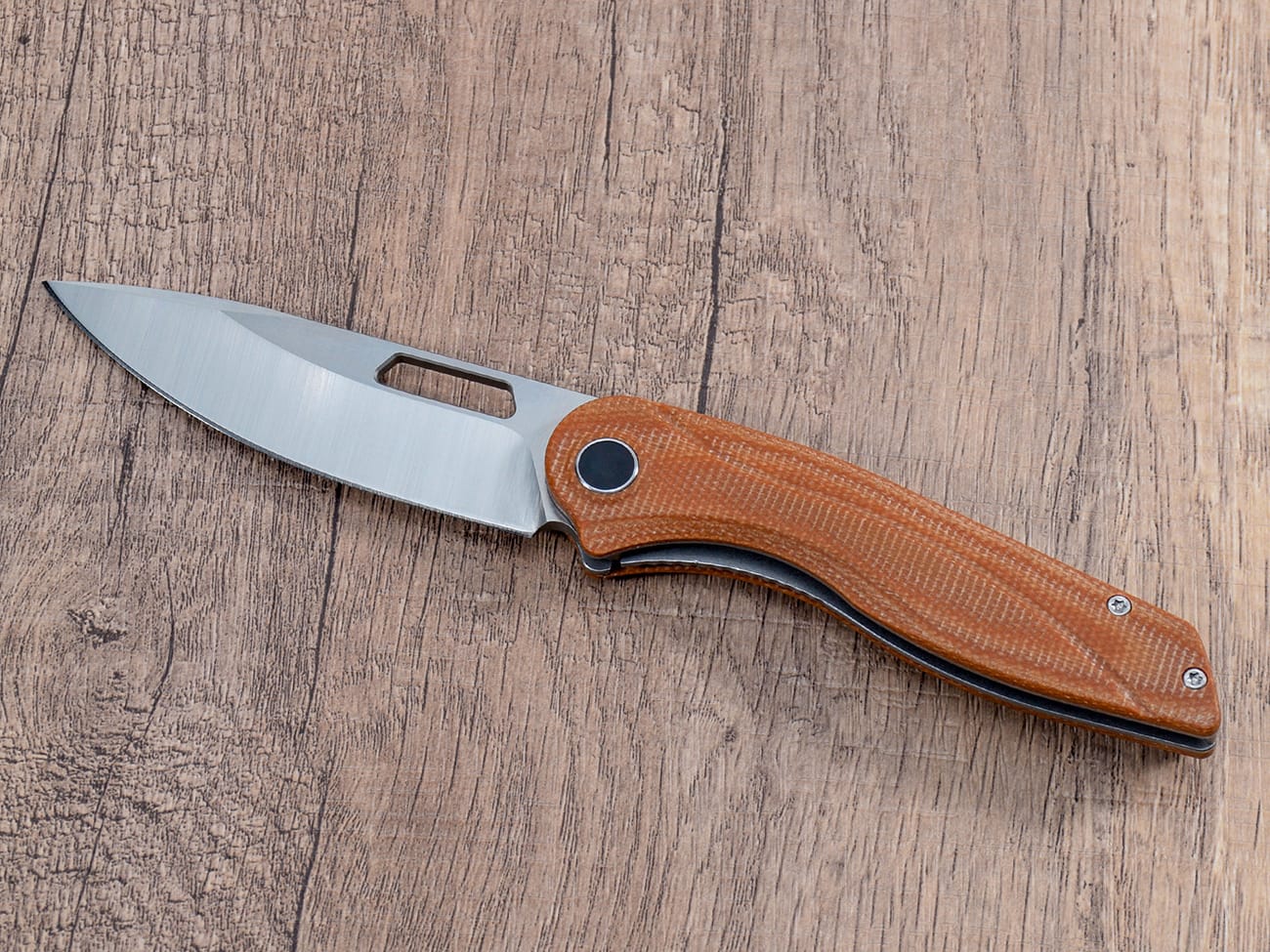
Custom G10 Handle EDC Knife with Liner Lock and Pocket Clip
What Types of Knives Are Generally Legal to Carry?
The legality of carrying a knife depends largely on the type of knife and your location. Most jurisdictions allow the carry of a folding knife with certain restrictions. Common legal options include:
- Swiss army knives
- Traditional pocket knives
- Utility knives
- Multi-tools with knife blades
Understanding Blade Length Restrictions
One of the most important factors in knife laws is blade length. Different jurisdictions have varying restrictions:
- Most states allow blades under 3 inches
- Some areas permit longer blade lengths
- Certain locations have strict limitations on blade length
- Measurement methods may vary by jurisdiction
Are Automatic Knives and Switchblades Legal?
The laws regarding automatic knife and switchblade knife possession are particularly strict:
- Federal law restricts interstate commerce of automatic knives
- Many states prohibit switchblade ownership
- Some locations allow automatic knives with permits
- Restrictions may vary for law enforcement and military personnel
Open Carry vs. Concealed Carry of Knives
Understanding the difference between open carry and conceal carry is crucial:
“The manner in which you carry a knife can be just as important as the type of knife you carry.” – Legal experts on knife carry laws
What About Fixed Blade Knives?
Fixed-blade knife regulations differ from folding knife laws:
- Hunting knives have specific regulations
- Kitchen knife transport has special considerations
- Blade length restrictions often apply
- Open carry rules may be different
Where Can You Legally Carry a Pocket Knife?
Certain locations typically restrict or prohibit knife carry:
- Schools and educational institutions
- Government buildings
- Courthouses
- Airports and airplanes
- Public events and venues
State-Specific Knife Laws and Regulations
Each state has its own set of laws regarding knife ownership and carry:
- California penal code has specific knife restrictions
- Some states are more permissive than others
- Local laws may be stricter than state regulations
- Regular updates to legislation occur
How to Stay Compliant with Local Law Enforcement
Tips for legal knife carry:
- Research specific laws regarding knives in your area
- Keep documentation of legal knife ownership
- Understand proper transport methods
- Know your rights as a knife owner
What Makes a Knife Illegal to Carry?
Several factors can make knife carry illegal:
- Blade length exceeding legal limits
- Concealment violations
- Prohibited mechanisms
- Restricted locations
- Intent to use as a weapon
Common Misconceptions About Pocket Knife Laws
Let’s clear up some common misunderstandings:
- Not all folding knives are automatically legal
- Blade length isn’t the only consideration
- Laws vary significantly by location
- Professional exemptions may exist
Key Points to Remember:
- Always check local knife laws before carrying
- Consider both state and municipal regulations
- Keep up with legislative changes
- Choose appropriate carry methods
- Maintain proper documentation when required
Internal Links:

